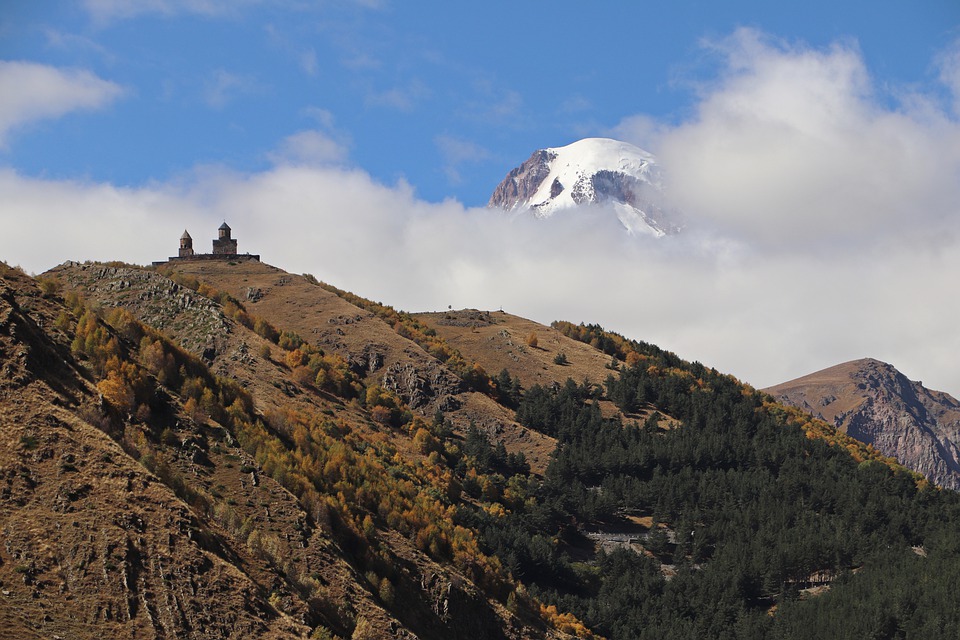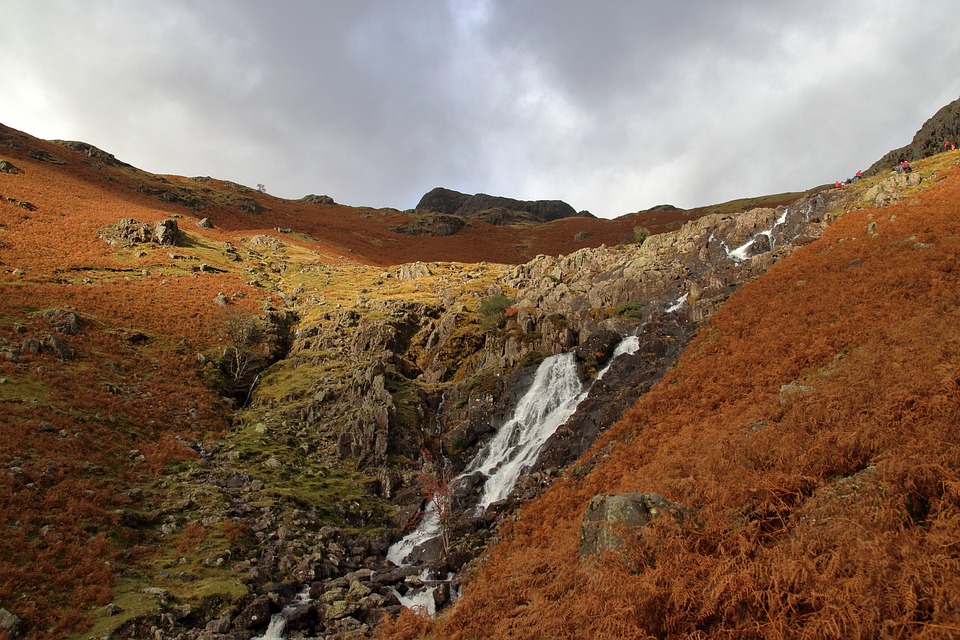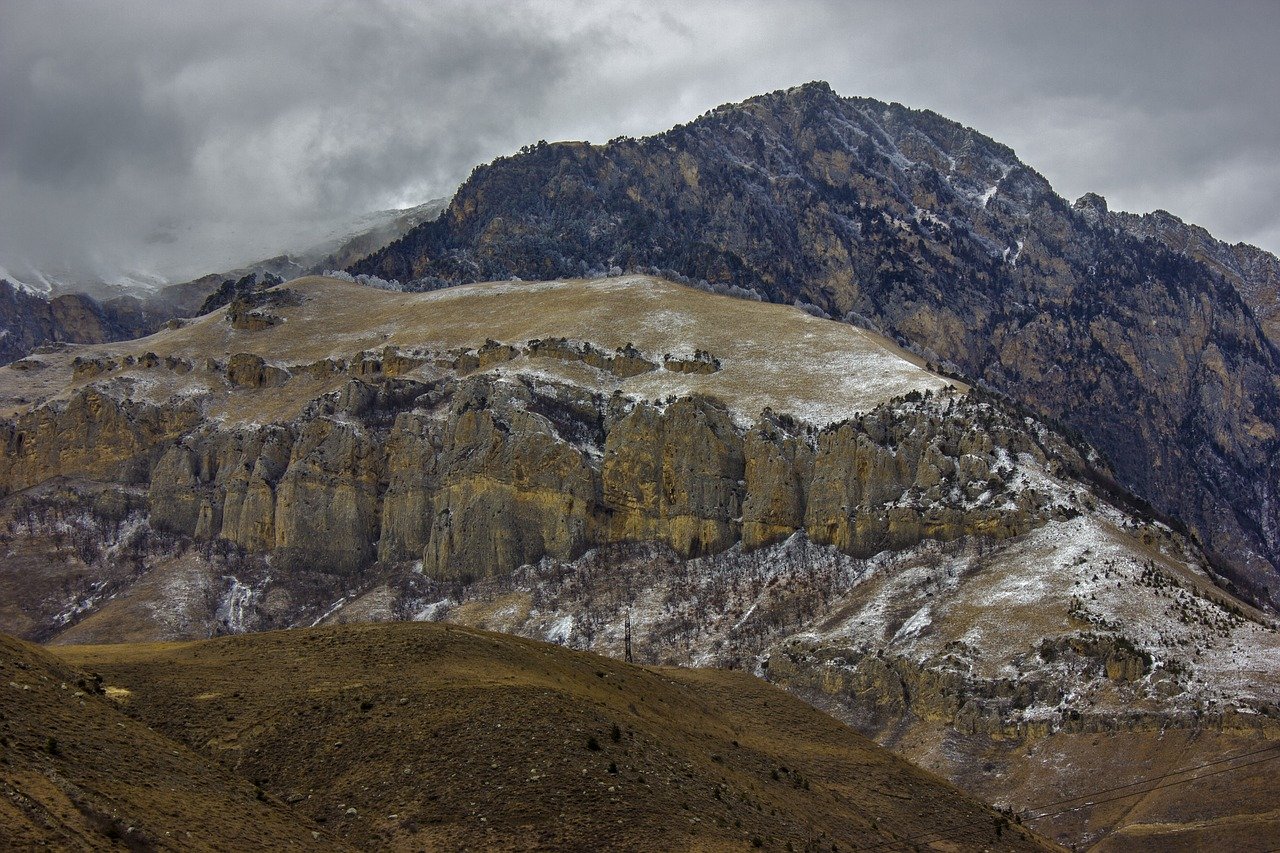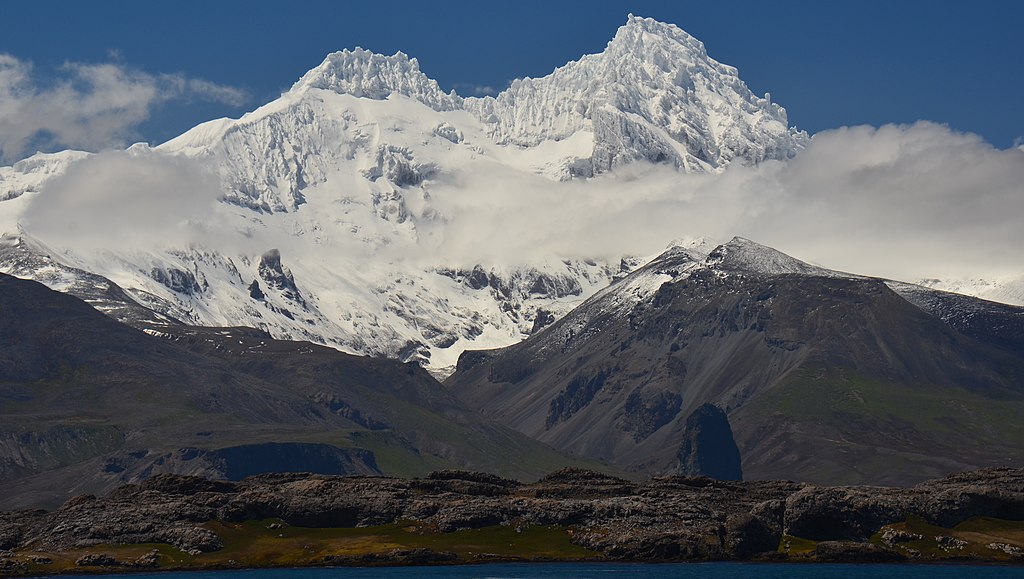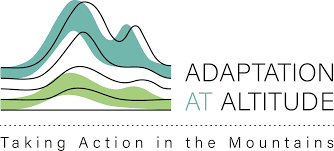GEO Mountains
- Details
- Category: GEO Mountains
This GEO Mountains workshop sought to better understand the current interdisciplinary “data landscape” across the Caucasus region.
- Details
- Category: GEO Mountains
The fourth event in the MRI Anniversary Lecture Series took place today, celebrating 20 years since the MRI Coordination Office was founded in 2001. This series aims to showcase MRI synthesis workshop research and build capacity in the mountain research community.
- Details
- Category: GEO Mountains
The Adaptation at Altitude Solutions Portal allows users to access and explore comprehensive knowledge on tried and tested climate change adaptation solutions for mountain regions, see where they have been implemented, and by who.
- Details
- Category: GEO Mountains
The GEO Mountains Inventory of In Situ Observational Infrastructure – a compilation of information on in situ observatories and other infrastructure in the mountains of the world – can now be viewed as an interactive web map, with the corresponding dataset also available for download.
GEO Mountains is pleased to announce the release of its Inventory of In Situ Observational Infrastructure v1.0. The Inventory intends to compile systematic metadata on mountain observational infrastructure (stations, station networks, experimental catchments, etc.) from a wide range of disciplines.
- Details
- Category: GEO Mountains
The Forum Carpaticum 2021 Virtual Symposium took place online from 21-25 June. During the Symposium, GEO Mountains hosted a workshop on Inter- and Transdisciplinary Mountain Data in the Carpathians: Identifying User Requirements and Access Preferences.
- Details
- Category: GEO Mountains
In June of 2021, the U.S. Geological Survey completed and made available the Global Mountain Explorer Version 2.0. The Global Mountain Explorer (GME) is a web-based visualization and query tool which allows the online exploration of three terrain-based characterizations of global mountain extent. These characterizations are often referred to as K1, K2, and K3, according to the last name of the first author of the research paper which presented the respective analysis.
- Details
- Category: GEO Mountains
The Group on Earth Observations (GEO) 2021 Virtual Symposium took place virtually from 21-24 June. GEO Mountains organised a session focused on the symposium theme Strengthening inclusive partnerships across the GEO Work Programme.
- Details
- Category: GEO Mountains
A new article published in the journal One Earth proposes a set of potential Essential Mountain Climate Variables to support the monitoring and understanding of key climate change-related mountain processes. The article builds upon a workshop organized by GEO Mountains and hosted by the MRI.
Climate change is having a range of effects on mountain environments and the critically important ecosystems services they provide. Decision-makers rely on the mountain research community to monitor, understand, and predict possible future changes in these complex, interacting processes. For instance, global assessments, local and regional climate modeling, and climate change adaptation and mitigation all require consistent, long-term, and inter-comparable environmental observations.




